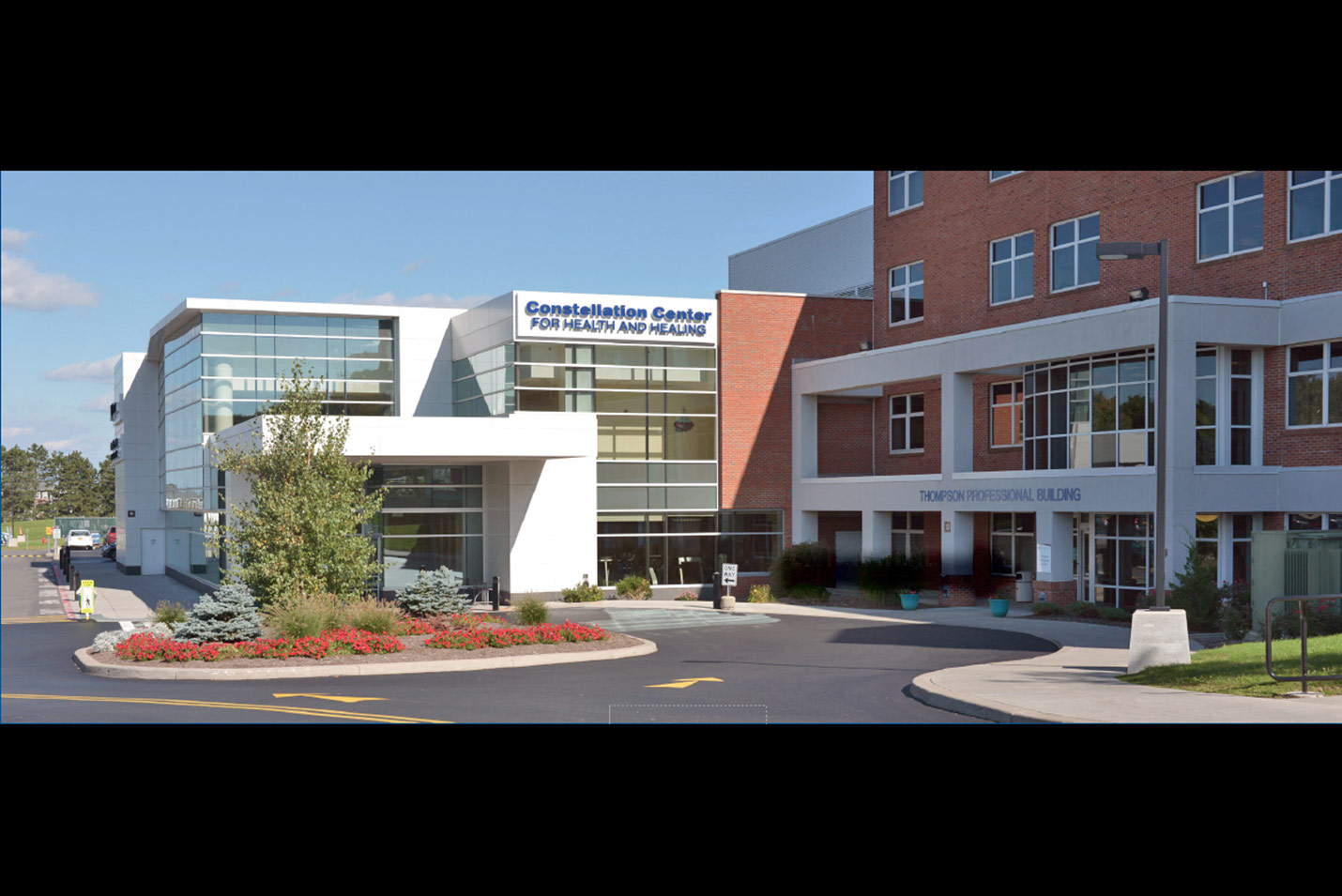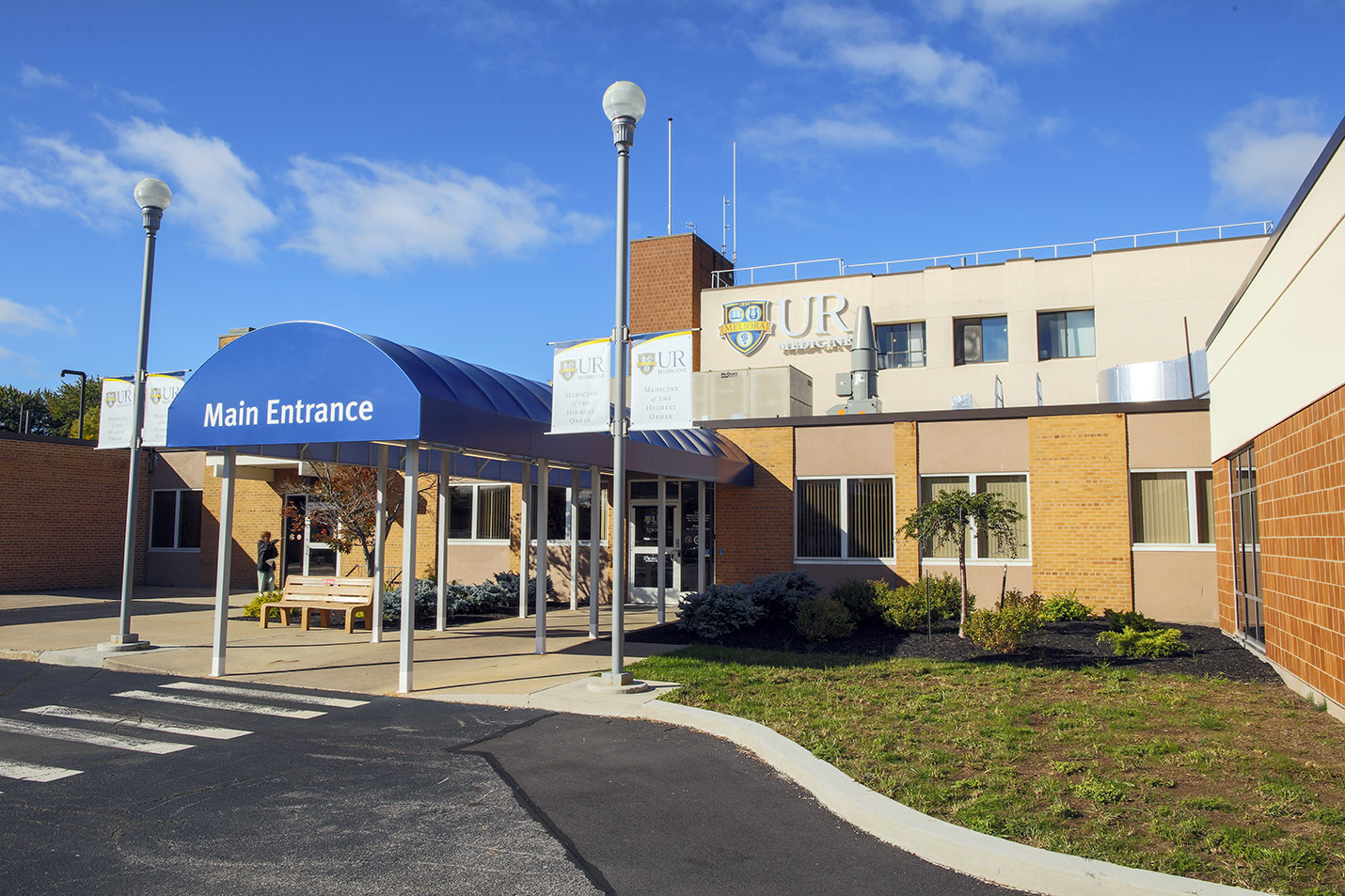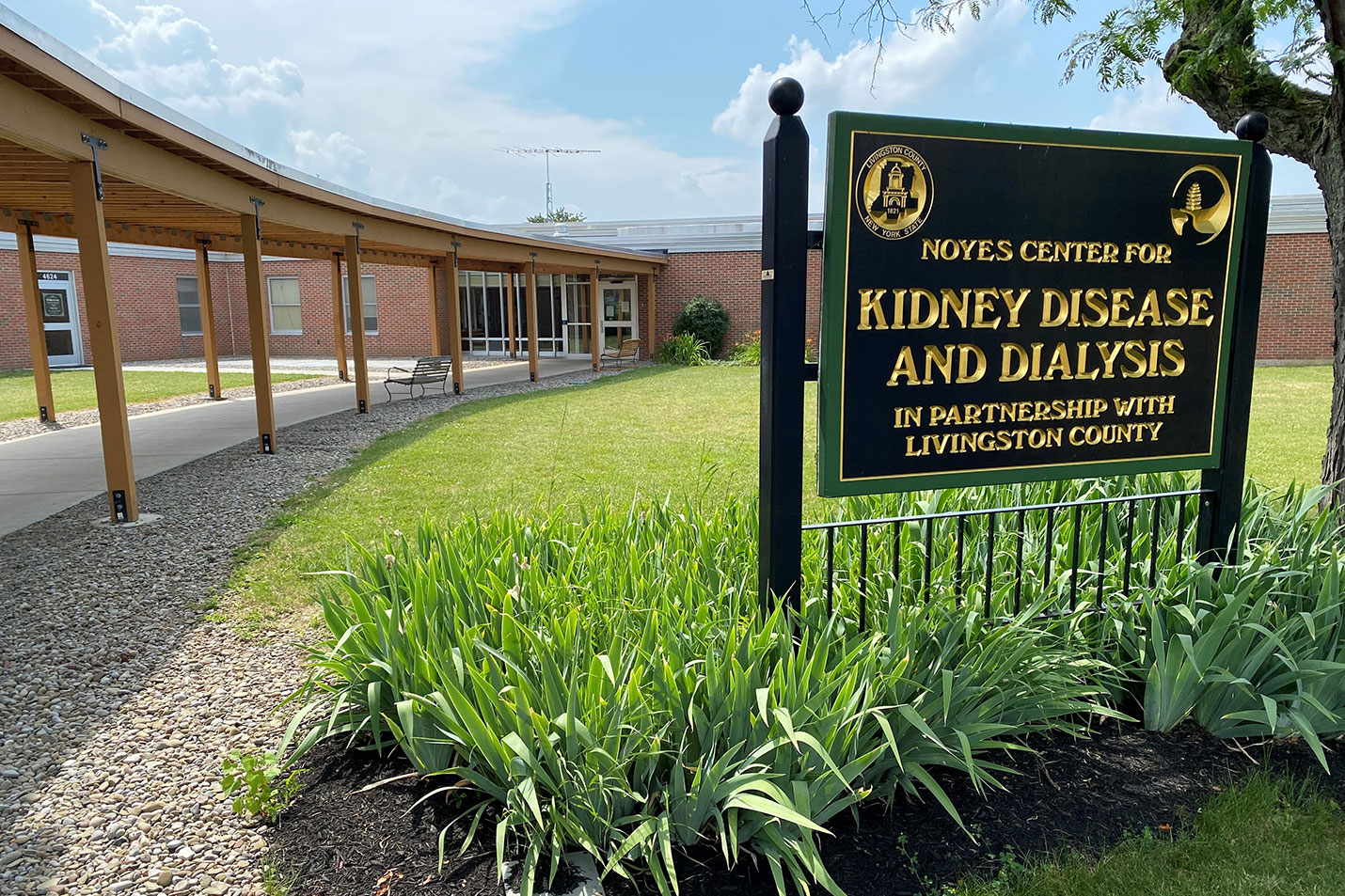Chronic Kidney Disease (CKD)
Make Appointments & Get Care
What is Chronic Kidney Disease (CKD)?
Chronic kidney disease (CKD) means your kidneys aren’t working as well as they should over time. The kidneys filter waste and extra fluid from your blood, and when they slow down or stop working properly, waste can build up in your body.
CKD develops gradually. It can lead to serious problems like high blood pressure, heart disease, or even kidney failure if not treated early.
Symptoms of Chronic Kidney Disease
Many people with early-stage CKD don’t feel any symptoms. As the disease gets worse, you may notice:
- Swelling in your legs, ankles, or around your eyes
- Changes in how often you urinate or how your urine looks
- Feeling very tired or weak
- Muscle cramps, especially at night
- Trouble sleeping or concentrating
- Loss of appetite or nausea
If you have any of these signs, talk to your doctor. Regular blood and urine tests can detect kidney problems early.
What Causes CKD?
The most common causes of chronic kidney disease include:
- High blood pressure
- Diabetes
- Family history of kidney disease
- Autoimmune conditions like lupus
- Long-term use of certain medications, such as NSAIDs
Knowing the cause helps our team plan the right treatment to slow or stop the disease from getting worse.
Stages of Chronic Kidney Disease
CKD is divided into five stages, based on how well your kidneys filter waste (measured by eGFR):
- Stage 1–2: Mild loss of kidney function, often without symptoms
- Stage 3: Moderate kidney damage; symptoms may start to appear
- Stage 4: Severe damage; preparing for possible dialysis or transplant
- Stage 5: Kidney failure; may require dialysis or a kidney transplant
Monitoring the stage of CKD helps us adjust your care and protect your remaining kidney function.
UR Medicine's Treatments for Chronic Kidney Disease (CKD)
How Is CKD Diagnosed?
Doctors use the following tests to diagnose and monitor chronic kidney disease:
- Blood tests to check creatinine and eGFR (how well your kidneys filter waste)
- Urine tests for protein or blood in your urine
- Imaging like ultrasound to look at the size and shape of your kidneys
- In some cases, a kidney biopsy may be done to find the exact cause
Our team uses the latest tools to detect CKD early and track your progress over time.
Chronic Kidney Disease Treatment Options
There is no cure for CKD, but with early care, you can slow or stop it from getting worse. Your treatment plan may include:
Controlling blood pressure and blood sugar
Medications to reduce protein in the urine and protect kidney function
Lifestyle changes, like a kidney-friendly diet and quitting smoking
Seeing a nephrologist, a kidney specialist, for regular care
Staying hydrated, especially during summer months
Preparing for dialysis or transplant, if needed in later stages
At UR Medicine, we create a care plan tailored to your health, lifestyle, and goals.
What Sets Us Apart?
Our nephrology team care for a large volume of patients, and our providers are very familiar with rare and complex kidney diseases.
Our collaborative approach brings a wide range of expertise and diverse perspectives to patient care. Our nationally-recognized specialists in cardiology, endocrinology, rheumatology, transplant surgery, and urology work together to develop the best treatments for you.
Because we’re an academic medical center, our physicians also lead important research studies, with significant grants from the National Institutes of Health and industry-sponsored clinical trials.
Locations
View All LocationsWe serve you in the Rochester metropolitan area and surrounding region.
View All Locations5 locations
Thompson Professional Building
395 West Street, Suite 007
Canandaigua, NY 14424
St. James Medical Office Building
7309 Seneca Road North, Entrance C, Suite 102
Hornell, NY 14843
Multispecialty Suite at Strong West
156 West Avenue, 3rd Floor
Brockport, NY 14420
4616 Millennium Drive
Geneseo, NY 14454
Southview Commons
400 White Spruce Boulevard, Suite A
Rochester, NY 14623


